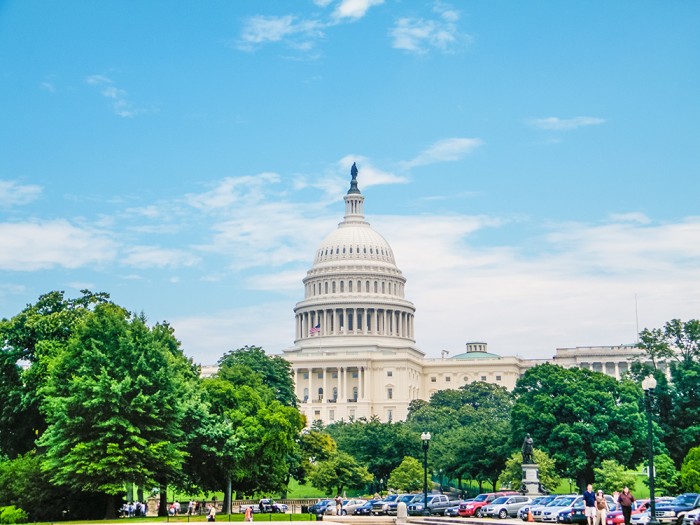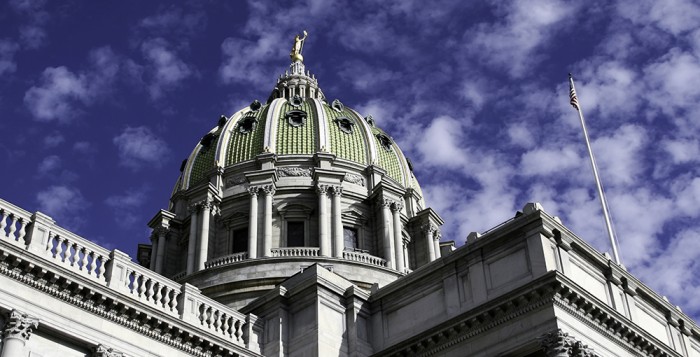By Robert Swift
Staff Writer
HARRISBURG (July 28) – The COVID-19 pandemic will present mental health challenges for years to come even after the immediate health dangers have passed, a deputy secretary for the state Department of Human Services told a House committee Tuesday.
“Our office is among thousands of behavioral health entities across the country that believe behavioral health needs created by this pandemic will be much longer lasting than the health crisis,” said Kristen Houser overseeing the Office of Mental Health and Substance Abuse. “We fully anticipate to feel and treat the impact of COVID-19 for the years to come.”
Houser’s assessment came during a hearing by the Human Services Committee on the pandemic’s impact on mental health. The committee also heard testimony from academics, county mental and behavioral health officials and service providers.
She said the pandemic has led to isolation and created feelings of helplessness, hopelessness, anxiety, fear of the unknown and unresolved grief that can have a negative impact on behavioral health in the form of depression, substance abuse and even suicide.
Pennsylvania could see a jump in Medicaid enrollment ranging from 1.2 million to 1.34 million depending on different scenarios involving unemployment and the recovery, according to a preliminary report in April from the Medicaid Research Center at the University of Pittsburgh that Houser cited.
“These new enrollees may pose a significant influx of people seeking Medicaid-supported behavioral healthcare in the coming year,” said Houser.
The pandemic has led providers to use “telehealth” with the help of relaxed rules to address mental health issues instead of personal visits to an office.
“We are both faced and facing exacerbations of the problems that plague our mental health system before COVID, including lack of care due to closure of clinics, closure of crisis services, lack of access to hospital beds,” said Dr. Erika Saunders, chair of Penn State Health’s Department of Psychiatry and Behavioral Health. “The telehealth waiver has been enormously helpful, however we still struggle because many patients do not have access to the technology or internet/cellular service to use technology for telehealth.”
Telehealth has been convenient for elderly patients, but hasn’t worked well for sessions with young children and children with autism under age six, said Paul Denault, president of Northern Tier Counseling Inc. The lack of broadband and cell phone service in rural areas has been a major problem, he added.
“I think we are going to be bombarded,” said Denault referring to demand for services after the crisis is over.
Several of those testifying spoke of the challenges facing workers in the mental health field worried about providing care while also worried about the risk of getting infected themselves or infecting their families.
“Our essential workers wake up every day knowing that not going to work could pose a serious risk to their health and yet staying home could mean forgoing a paycheck,” said Cherie Brummans, CEO of The Alliance of Community Service Providers. “We say that we support and admire essential workers, and yet providers are not reimbursed enough to substantially increase the amount of money that we pay these employees.”
Several testifiers urged that mental health workers receive priority in getting COVID-19 tests and prompt test results and personal protective equipment.
Houser said that Act 24 of 2020 — a state law distributing federal CARES Act money to counties — didn’t specifically allocate funding for behavioral health care providers.
Rep. Tarah Toohil, R-Luzerne, said Act 24 distributes millions of dollars to counties. She urged care providers to contact county officials to secure a share of that money.
# # #
If you have any questions, please contact RCPA Mental Health Division Director Sarah Eyster or Children’s Division Director Jim Sharp.
















